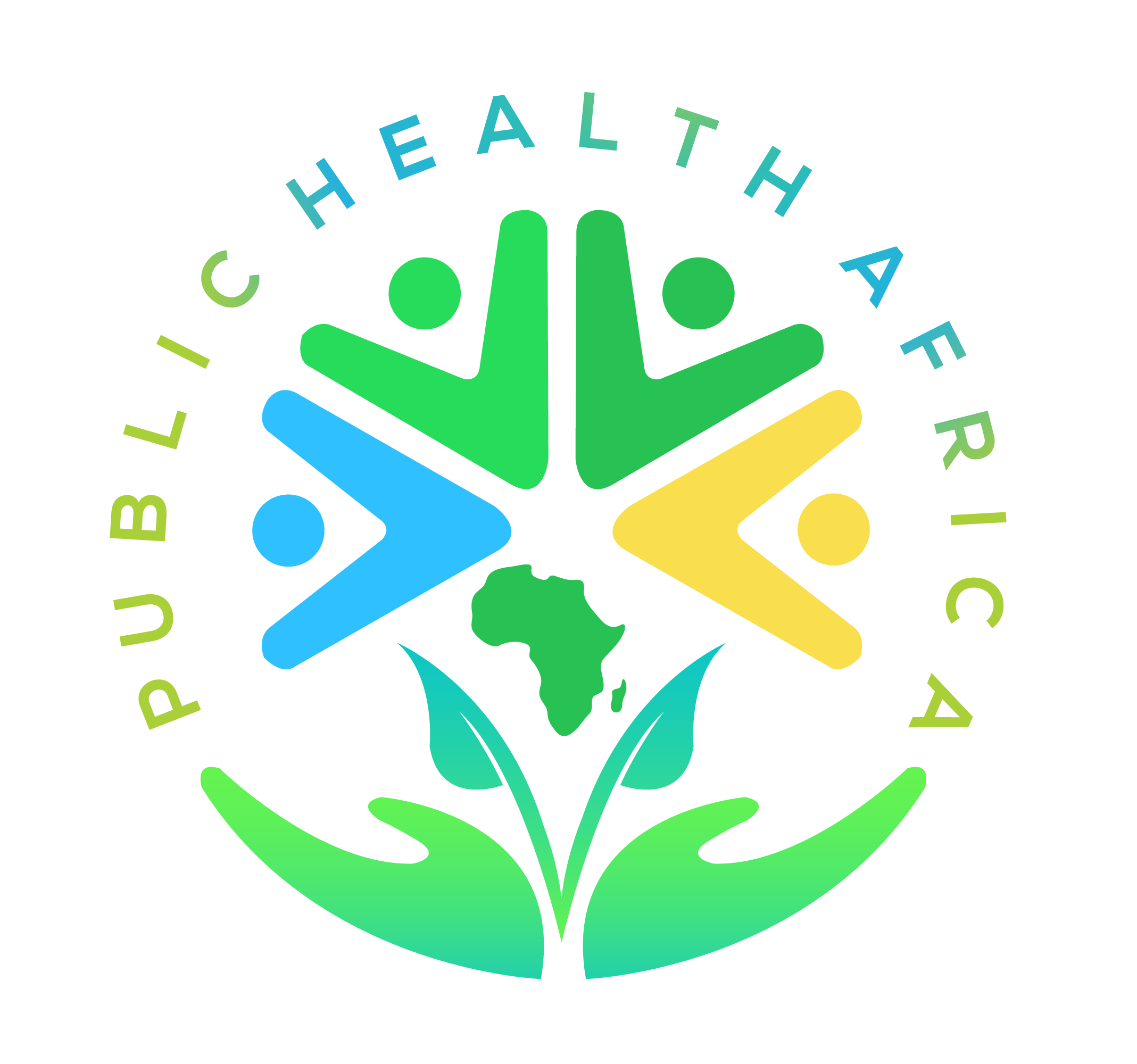Online Resources
Educational resources for Open Access publishing
- Open Journal Systems-an open source software application for managing and publishing scholarly journals- https://pkp.sfu.ca/ojs/
- Modern Scholarly Publishing Platform. A platform for Journals, Micropubs, Preprints, PRC, Weblabs and more –https://kotahi.community/
- Support materials:
◘ Basic Steps for Starting a New Journal by PKP
◘ PKP School – an online, open, self-paced collection of courses:
• Becoming an Editor
• Becoming a Reviewer
• Writing for Publication
• Library Publishing courses:* Getting Started in Library Publishing
* Attracting, Selecting, and Disseminating Content for your Library Publishing Program
* Building and Measuring Impact for your Library Publishing Program◘ PKP resources will help you learn more about using OJS software or about starting and managing your own journal. –https://pkp.sfu.ca/education-and-training/
◘ If you publish a student journal, check out the Student Journal Toolkit by PKP.
• Frequently Asked Questions (FAQ): How to use PKP software and common troubleshooting issues◘ Better Practices in Journal Metadata by PKP
• EIFL Checklist of Good Practices in Using Open Journals Systems Software (OJS) for Journal Editing and Publishing.- https://www.eifl.net/resources/eifl-checklist-good-practices-using-open-journal-systems-software-ojs-journal-editing-0-
- Open Science training courses. These courses answer some of the most common questions you might have about putting open science into practice. Each course takes about 1-2 hours to work through and you’ll receive a badge upon completion. The courses include practical tips on getting started with OS as well as providing information on discipline specific tools and resources you can use. There is no specified order through the courses – just explore topics that you want to learn more about at your own pace.
Resource: https://www.fosteropenscience.eu/toolkit Learning Pathways: Open Education Online Tutorials – from OER Africa.
Resource: https://www.oerafrica.org/book/learning-pathways-open-education-online-tutorialsOnline courses in research writing and proposal writing, which are free-to-enrol for researchers in developing countries. (Note: these courses are only available for enrollment at particular times)
Resource: https://www.authoraid.info/en/e-learning/
- Principles of Transparency and Best Practice in Scholarly Publishing. WAME has collaborated with a number of other organisations to identify principles of transparency and best practice for scholarly publications. The principles are also available on the websites of each of the organisations: COPE, DOAJ, OASPA.
Resource: https://wame.org/principles-of-transparency-and-best-practice-in-scholarly-publishing - Selection of external links that AJOL hopes will be useful additional sources of information to researchers.
Resource: https://www.ajol.info/index.php/ajol/resources-for-researchers - What is Open Access.
Resource: https://www.ajol.info/index.php/ajol/about-Open-Access - Various Resources: https://oaaustralasia.org/resources/
- Committee on Publication Ethics (COPE) flowcharts on publication ethics (to help define the most common steps when considering allegations or evidence of scientific misconduct and other publication ethics issues).
Resource: https://publicationethics.org/resources/flowcharts-new/translations - Ten Core Practices – 10 best practice guidelines for editors and journal publishers, covering issues like how to deal with allegations of misconduct; authorship and contributorship; conflicts of interest, post publication corrections, etc.
Resource: https://publicationethics.org/core-practices - EQUATOR guidelines for reporting research (indispensable for authors and editors to use as a checklist and background explanation for different study designs and considerations)
Resource: https://www.equator-network.org/ - WAME Policy on Relationships Between Journal Editors in Chief and Owners (what should editors in chief consider when taking on the editor role?)
Resource: https://wame.org/editorial-independence - Think.Check.Submit resource to help identify trusted resources (vs predatory/deceptive publications)
Resource: https://thinkchecksubmit.org/ - Council of Science Editors Sample Correspondence for an Editorial Office.
Resource: https://www.councilscienceeditors.org/resource-library/editorial-policies/sample-correspondence-for-an-editorial-office/ - Cooperation & Liaison between Universities & Editors (CLUE) Recommendations on Best Practice. Developed at the World Conferences on Research Integrity, these recommendations “aim to address issues surrounding cooperation and liaison between institutions (e.g. universities) and journals about possible and actual problems with the integrity of reported research arising before and after publication.”
Resource: https://doi.org/10.1186/s41073-021-00109-3 - JPPS framework that can be downloaded in English, French and Spanish, and was developed as a learning tool for journals to progress in a semi-structured approach towards increasingly complex quality practices, and the transparent sharing (and assessment) of these.
Resource: https://www.journalquality.info/en/about/download-jpps-framework/ - Core competencies for scientific editors of biomedical journals: consensus statement.
Resource: https://bmcmedicine.biomedcentral.com/articles/10.1186/s12916-017-0927-0/ - https://www.inasp.info/editorshandbook – Handbook for Journal Editors by INASP
- Journal Publishing Guide: Publishing Best Practices Checklist by the University of Toronto Libraries Journal Production Services.
Resource: https://jps.library.utoronto.ca/index.php/pubguide/publishingbestpractices
- How to apply a CC licence.
Resource: https://creativecommons.org/about/cclicenses/ - Pascal Braak, Hans de Jonge, Giulia Trentacosti, Irene Verhagen, & Saskia Woutersen-Windhouwer. (2020). Guide to Creative Commons for Scholarly Publications and Educational Resources (final). Zenodo.
Resource: https://doi.org/10.5281/zenodo.4741966 - Handbook and factsheets about the DOI system.
Resource: https://www.doi.org/resources.html - DOI® Handbook
Resource: https://www.doi.org/hb.html - Open Archives Initiative Protocol for Metadata Harvesting (a low-barrier mechanism for repository interoperability)
Resource: https://www.openarchives.org/pmh/
